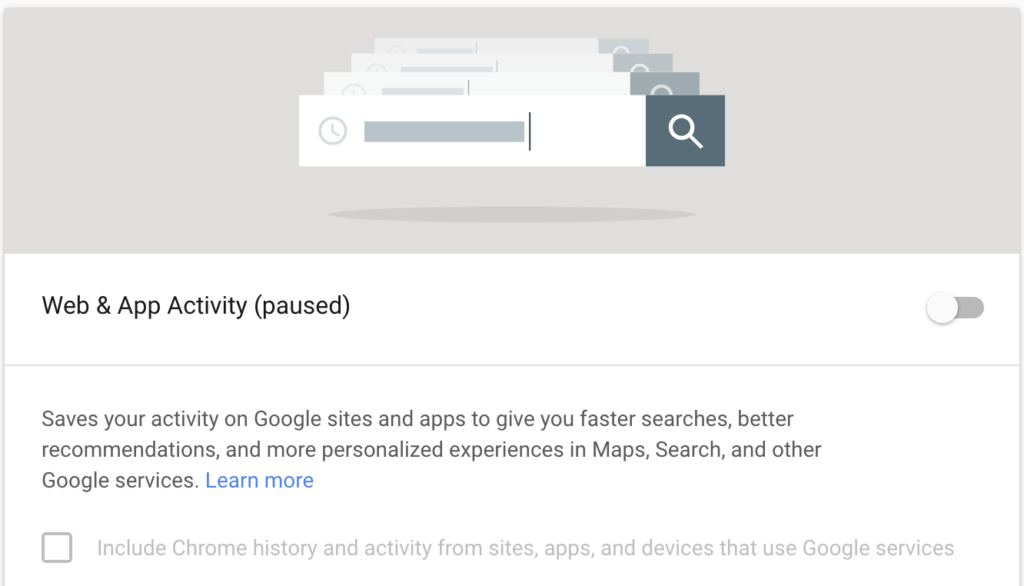In what should come as no surprise, a deal was revealed this week that told how Google and Mastercard had a multi-million dollar partnership to gain data on how you used your Mastercard credit cards. The reason? Since this is Google, of course the reason was to be able to better target you with ads on which they make a lot of money.
Google Paid Millions of Dollars to Know How You Used Your Mastercard
When you shop online, there are many ways that Google is able to build data to target you with future ads. They know from your web activity, from your online shopping preferences, whether you click through the many ads on a Google page or ads by Google Adsense, etc. Google pretty much has the online data retrieval business for targeted advertising down to a science.
Google Is Extending Their Reach for Advertising Data
However, when you shop offline, like going into an actual brick-n-mortar store, Google is out of the loop on that one. Sure, more people are shopping online today than ever before but many people are still shopping in stores also. While digital wallets could give that information to Google, Google’s wallet has not been adopted enough to provide the information they want to build their data banks.
There was talk a while ago about Google “listening” to your phone calls (for example, if you were on the phone, Google’s system could listen to the background noise and if it identified something like rain, it may deliver an ad for a nearby store with umbrellas) and it was recently revealed that Google tracks your movements (if you have an Android phone) – even if you tell them not to.
Advertisements are big business for Google and they obviously want to know how you spend money offline. According to the reports, Google does not gain access to individual purchases but received the data from Mastercard in bulk and they would use that to target you with more defined ads (most likely using other tracking points to determine which purchases were of interest to you in the retail stores). Instead, they use this bulk data to try and sell more targeted ads based on the sales data they do have.
How To Stop Google Tracking These Purchases
One thing – we know that this deal has happened with Google and Mastercard but we don’t know if this kind of a deal exists with other networks as well. If you want to stop Google from tracking your activity, you can do this by clicking this link and enabling the toggle for pausing Web and App Activity.

I am fairly sure that some apps and services will require that be turned off but if you want to halt that tracking, you can easily do it through the link above.
So, what do the consumers get out of this? Google would say we get a more refined and targeted ad delivery system that caters to our needs with sales but that is what Google gets. By providing that kind of targeting, they can charge their partners a much higher rate for those ads. Stores may say that they can learn how to better target sales for consumers. But, that still isn’t enough since many of us are pretty savvy shoppers that do not need store advertisements for us to know about a good deal.
So, what do we get?
Source: Bloomberg








Not going to miss those “personal experiences.” Thanks for the info and link.